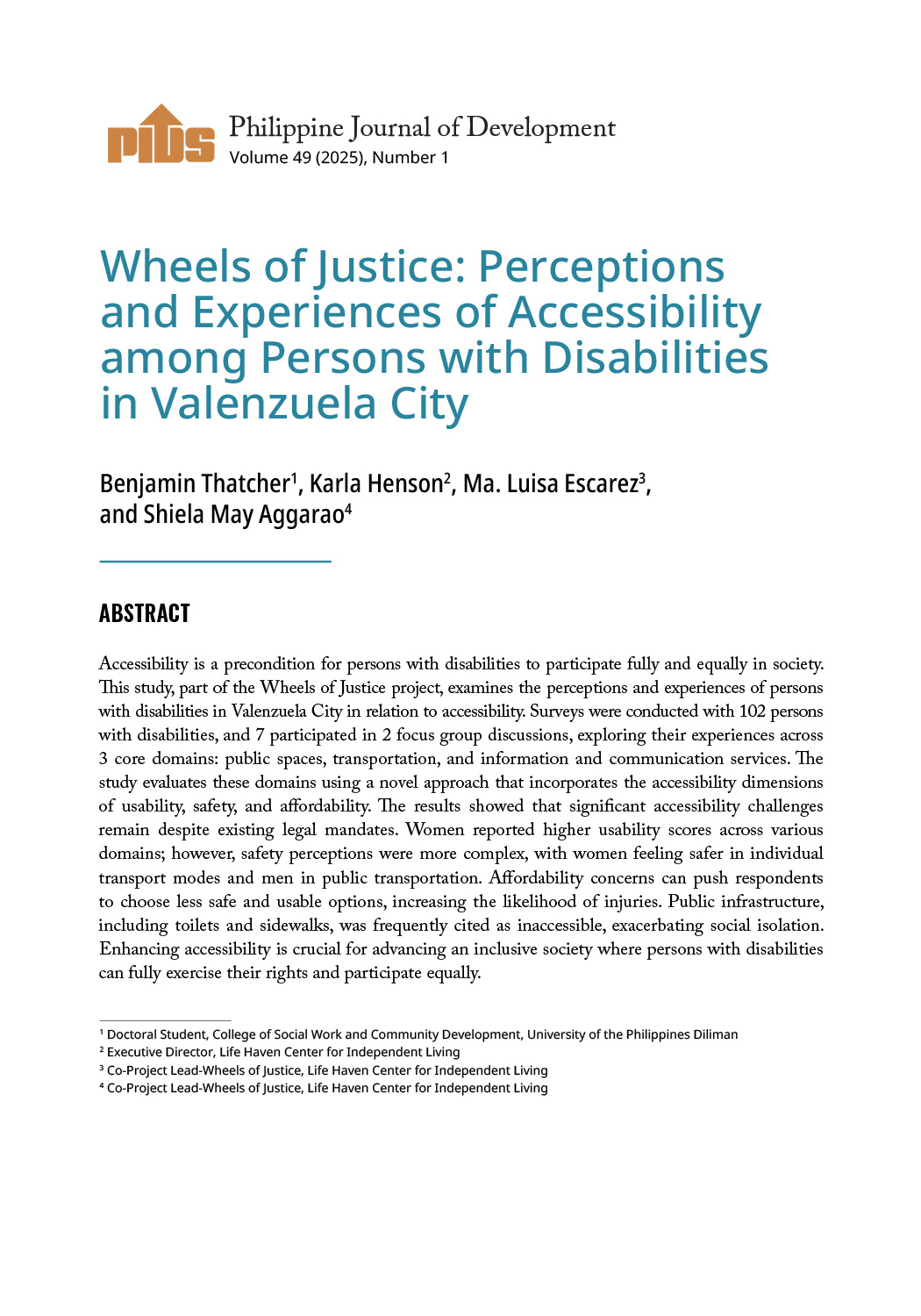Political science experts argued that a shift to federalism is not the key to addressing the existence of "fat" political dynasties, or political clans who have members in elective positions at the same time.
Sen. Francis "Kiko" Pangilinan, who chairs the Committee on Electoral Reforms and People's Participation, raised the possibility of federalism paving the way to "fatten" political dynasties even more.
Pangilinan said that the issue that federalism might only benefit political dynasties should be discussed as Congress works on a proposed shift to a federal form of government.
For Ronald Mendoza, dean of the Ateneo School of Government, a shift to federalism will not address the propagation of political dynasties.
He said: "Whatever form of government we have, if the way we choose our leaders is flawed, no matter what reform you push, it will be hard to believe that the results will change."
He recognized that the if the "fundamental flaw" in electing leaders is not fixed, the shift in political systems won't make any difference.
Mendoza indicated that the focus should be on "fair play in the election of leaders and the accountability that we need to have."
In 2013, Mendoza published a study for the Asian Institute of Management Policy Center that found that while the existence of political dynasties does not raise or lower poverty in a local government unit, there is "strong evidence that the more severe poverty is, the higher is the prevalence of political dynasties."
The study found that poverty exposes voters to political patronage and manipulation by ruling clans that control "the most extensive networks of patronage,accumulated the most political and financial capital, and have the access to the largest political machineries."
Proponents of federalism argue that giving the regions more control over their budgets and development priorities will bring prosperity to the provinces. House Speaker Pantaleon Alvarez has even said that those opposed to federalism don't want development in the provinces.
Jose Albert, from government policy think tank Philippine Institute for Development Studies, pointed out that: "Starting conditions will also matter when you say what exactly [is] the federalism you are going to propose."
He cautioned that the push for federalism is not the solution for change. He added that regulation of political dynasties is what the government needs to do to "promote inclusive participation in politics."
The change in the form of government from unitary to federal through a constitutional convention has been a top House priority since Alvarez was elected speaker in the opening of the regular session of the 17th Congress in July 2016.












